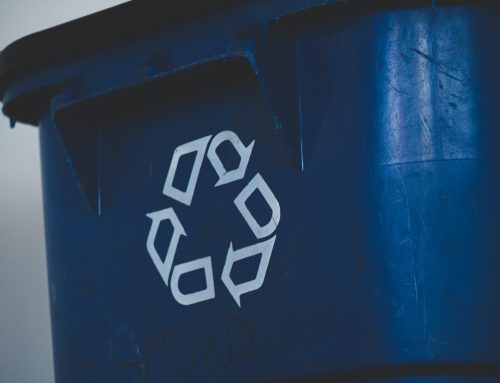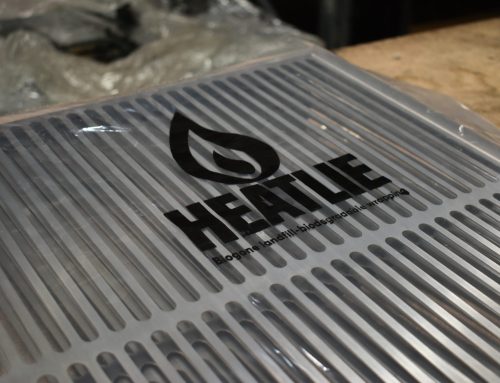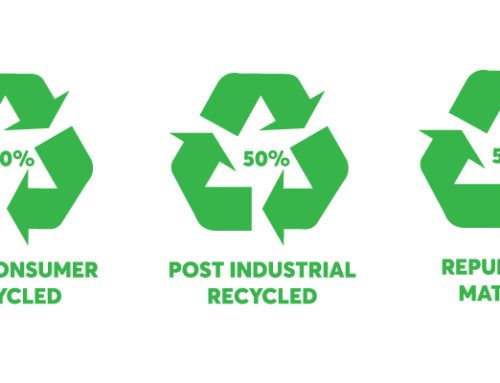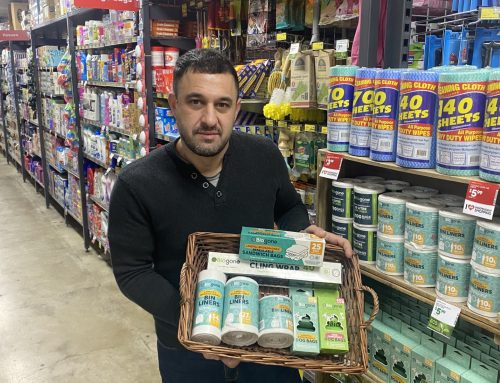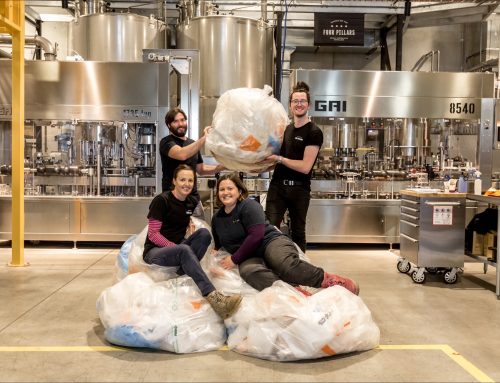Compostable bags have become increasingly popular in recent years due to their environmental benefits. Compostable bags, which are made from more natural materials such as corn starch or plant-based polymers, break down more quickly than traditional plastic and can be used to create nutrient-rich soil without releasing microplastics. This is a far cry from traditional plastic bags that take tens of years to break down.
Compostable bags are a great first step to being more environmentally friendly, but knowing how to properly dispose of compostable bags is essential for both businesses and individual consumers to make their use more worthwhile.
Whether you’re an animal lover looking for a dog in Melbourne or the owner of a business in Perth, you’re eventually going to be dealing with and disposing of compostable material.
This is only going to become more and more relevant with the advent of the 2025 National Packaging Targets, which means businesses will be switching all packaging to 100% reusable, recyclable or compostable.
However, not all compostable bags are created equal. There is a difference between home compostable and commercially compostable bags, and it is important to understand this distinction because it has a large impact on how the material can be disposed of.
Commercially Compostable vs. Home Compostable
In Australia, there are a couple of different standards for compostable material.
For a plastic material to be certified as commercially compostable, it must comply with the AS 4736-2006 standard. It’s important to note that this standard applies to plastic material that is intended to biodegrade in industrial anaerobic composting facilities.
Commercially compostable bags require specific conditions in order to fully break down – often at a heat of 50°C or higher. If these requirements aren’t met (for example by burying them), then the material may take longer than expected or fail to decompose at all.
Home compostable materials must comply with the AS 5810-2010 standard. A stringent test regime carried out by accredited laboratories is a necessary part of the standard. Most of the targets of this standard are the same as AS 4736-2006; however, the testing period is over 12 months with 90% biodegradation as the minimum goal.
Due to the tighter controls over the materials that can comply with AS 5810-2010, fewer products are allowed to carry the Home Compostable Verification logo. Products that meet the home compostable standard automatically meet the commercially compostable standard.
Properly Disposing of Compostable Bags
It is crucial to properly dispose of compostable bags so that they have the opportunity to break down, but there are different steps to take depending on the type of compostable material.
Home Compostable Bags
Home compostable bags are non-recyclable, and are effectively single-use materials. The lack of infrastructure in Australia means that there is no separate way to collect and process materials that comply with the AS 5810-2010 standard. Commercial composting facilities do not accept home compostable materials.
It is exceedingly rare for consumers to have a home composting system that fulfils the requirements for the proper breakdown of materials that comply with AS 5810-2010.
Maintaining the correct anaerobic conditions for this would be a large-scale operation. Most consumers will end up putting home compostable bags in with general rubbish. The biggest danger is from placing non-biodegradable rubbish in the home compostable bags, which will eventually degrade and leave the non-biodegradable material exposed.
However, that is not to say that placing home compostable bags in general rubbish is incorrect – unless the state of Australian infrastructure changes. This is currently the best option available to a vast majority of consumers. The bags will still biodegrade, only not as quickly as set out in the AS 5810-2010 standards.
Commercially Compostable Bags
Disposing of commercially compostable bags is relatively straightforward – like home compostable products, they cannot be recycled. These bags will need to be collected and brought to a commercial composting facility that has the right conditions for the bags to break down properly.
If these materials are instead thrown in general rubbish and brought to a landfill, they will not biodegrade.
Biogone’s home compostable plastics are certified in accordance with Australian/NZ home compostable standard AS 5810-2010.
Explore the Biogone home compostable product range to see how you can play a part in a smoother and more successful transition into a plastic free world.


